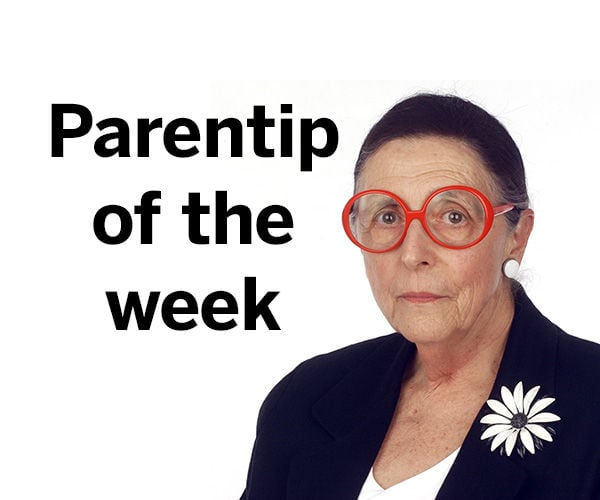“Mom, Joshua does well in preschool but he does not like being dropped off when there is a crowd of kids around. He recoils from the noise and the confusion, even though he plays well with just one or two kids, preferring to be with the less boisterous ones. I hate seeing him looking scared, asking me to take him home, and trying not to cry. Is there anything I can do?”
Joshua, my grandson, is 3 years and 3 months old. He started preschool last year and has been “promoted” to the advanced class as he is good at numbers and letters. He is big for his age physically but has age-appropriate social behavior.
Why do some children recoil from noise and confusion while it doesn’t bother other children at all? Some of this is developmental. It takes time to figure out the world, get used to the fact you are not the only kid around, and realize the world can be a noisy, messy place. It takes time to learn how to behave in a crowd of kids. There may be some bumps in the road if a bigger child has acted aggressively at one time.
The child’s temperament is a big factor. We come into this world with our own personality and temperament. Some of us are outgoing, some are more reticent with strangers. Some children this age do better with younger kids who are less threatening, some prefer being with familiar adults.
I suspect that there is another factor. The world today is noisier and more crowded than in the past. The clop-clop of a horse pulling a buggy is decibels different from a huge truck roaring by on the highway. Everything in our homes makes noise, from the furnace and appliances to the toys our children play with. People are noisy and seem to speak louder than they did than when I was a child probably in order to be to be heard over the din of background noises. Movies can have dangerously high sound levels. People moving quickly like today’s busy parents make noise. I had to dry and put away the dishes when I was a child and also had to do it quietly. No clattering of plates!
Confusion rules when there are many children around. That is to be expected but, if a child is already hypersensitive to noise and to the rapid, chaotic movements on TV or other screens, it can seem worse.
I have three suggestions. 1. Use empathy. Let the child know you understand how he feels. Tell him something like, “The same thing happened to me when I was your age and I promise you will feel different when you are older, maybe even by tomorrow.” This points out that the child is not the only one who feels this way and offers hope. It’s OK to exaggerate a bit to make your point or even fib.
2. Use the power of empowerment. Say something like, “Joshua, I notice you don’t like noise or confusion. Can you think of ways to make our house quieter?” Discuss whether you can make one room the Quiet Zone, a place to go when the dishwasher is on and the noise is too loud. Ask if he can think of a way to make school a bit quieter.
Maybe the two of you can talk to the teacher about it. Explain that one trick you learned when you were a boy in a crowd of kids was to find one other quiet child to play with and the two of you go off to the side. In other words you enter a crowd of kids and make a quieter twosome. Cool!
3. Provide lots of encouragement. One of the problems a young child has is that the way the world works can be so daunting. To a child it seems forever before he will be a “big boy.” This is where parent encouragement steps in. Remind him that he doesn’t cry anymore when the sitter comes or when he gets dropped off at school because he has learned that Mommy and Daddy come home. He is getting bigger every day and every day he will get more used to the noise and figure out how to play in a crowd.
Don’t overpraise or praise if is not warranted. But take every opportunity to notice each ”baby step” in emotional growth. Tell the other parent too, “Mommy, Joshua found a quiet friend to play with at school today and he had a good time!”
Empathy, empowerment and encouragement help enlarge the baby steps toward becoming grownup. The task of turning fright into mastery is one of the most important things a parent can do.
PS: Two weeks later pancakes were being served at school and, despite the extra noise, Joshua said, “It’s time for you to go home, Daddy.”





